Jewish members abandon Greens over anti-Semitism
The Greens’ anti-racism mantra doesn’t extend to protect Jewish people, members claim, saying they’ve quit after the party’s failure to acknowledge or call out anti-Semitism.
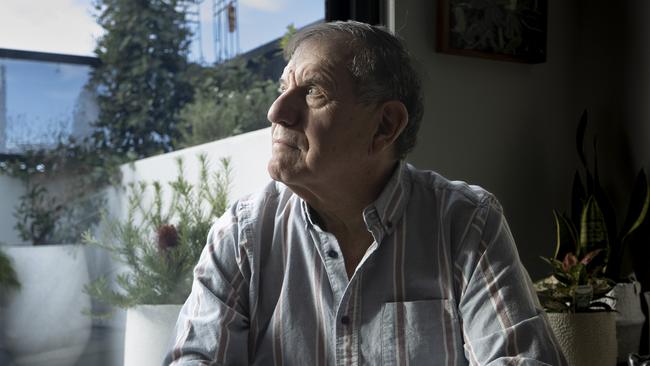
The Greens’ anti-racism mantra doesn’t extend to protecting Jewish people, members have claimed, saying they have quit or been abandoned by the party after a failure to properly acknowledge or condemn anti-Semitism since October 7.
Veteran members have left while young Jewish Greens supporters said they had been left “exhausted” after pushing back against “extreme elements”.
Jewish Greens working group co-founder Daniel Coleman knew his decade-long party membership was “untenable” when he realised its anti-racism values seemingly didn’t extend to anti-Semitism after October 7.
“The party (often) stands up for oppressed people, and not just with lip service,” he said.
“But there wasn’t even lip service amid rising anti-Semitism and the slaughter of Jewish people (on October 7).”
Mr Coleman said the Greens failed to properly consider a policy on anti-Semitism proposed by the working group and late last year he quit, ending a 40-year association that began before his immigration from the US.
“Everyone in the Jewish Greens spent years trying to build awareness about anti-Semitism, but it became clear it was all for nothing,” he said.
Mr Coleman claimed the party would only, if ever, respond to anti-Semitism as opposed to proactively rooting it out.
“There’s no incorporation (of protective mechanisms) in the party against anti-Semitism, it’s just ‘oh yeah, sorry’,” he said.
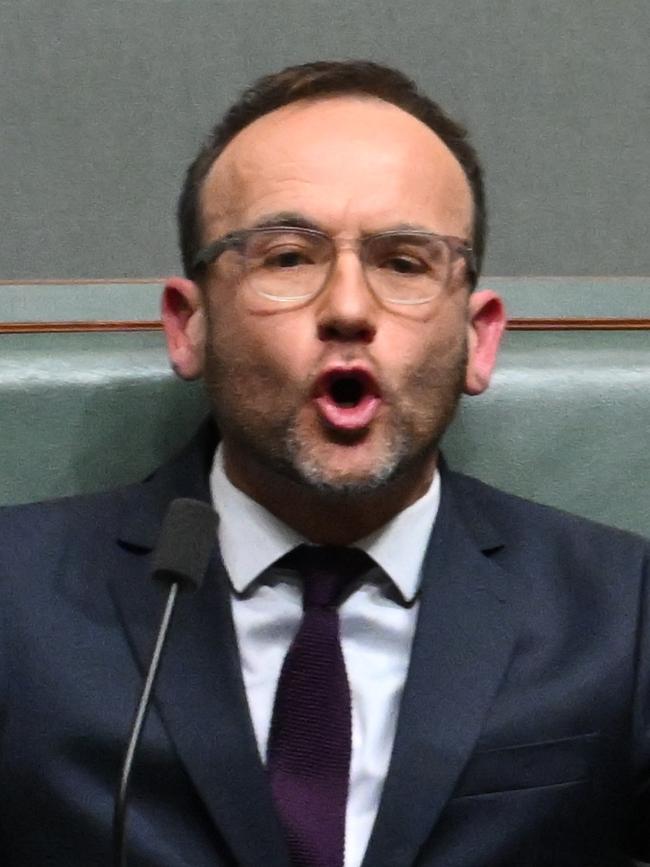
A spokesman for leader Adam Bandt said the party condemned anti-Semitism and racism “in all its forms”, and was composed of a “wide range of voices” from the Jewish and Palestinian communities, whose external and internal reference groups it consults.
“We’ve been clear that our criticism is directed at (Benjamin) Netanyahu’s government, not Israelis or the Jewish community,” he said, adding the party’s position was based on “international law and human rights”, and its anti-Semitism policy was updated last year.
But one Jewish member – speaking on the condition of anonymity – said he was concerned with emerging extremism and “false narratives”, vowing to remain in the party to “moderate” those views.
“There’s a culture in which people are willing to put aside party values (anti-racism) and move to a point of spreading hatred,” he said, saying the Greens were “picking and choosing” voices and views to elevate.
He said many saw the conflict in “black and white”, peddling the “demonisation of Zionism”.
“I’ve thought of myself as a ‘pro-Palestine Zionist’,” he said. “Adam has said he’s supportive of an Israel state, that’s Zionism, and yet many Greens demonise it.”
He said there was little solidarity towards the Jewish community and the party’s opposition to anti-Semitism was lip service.
“It’s hollow to say we stand against it but then take no action or enact no policies to prevent it,” he said, believing the party’s hard-line stance was to court votes.
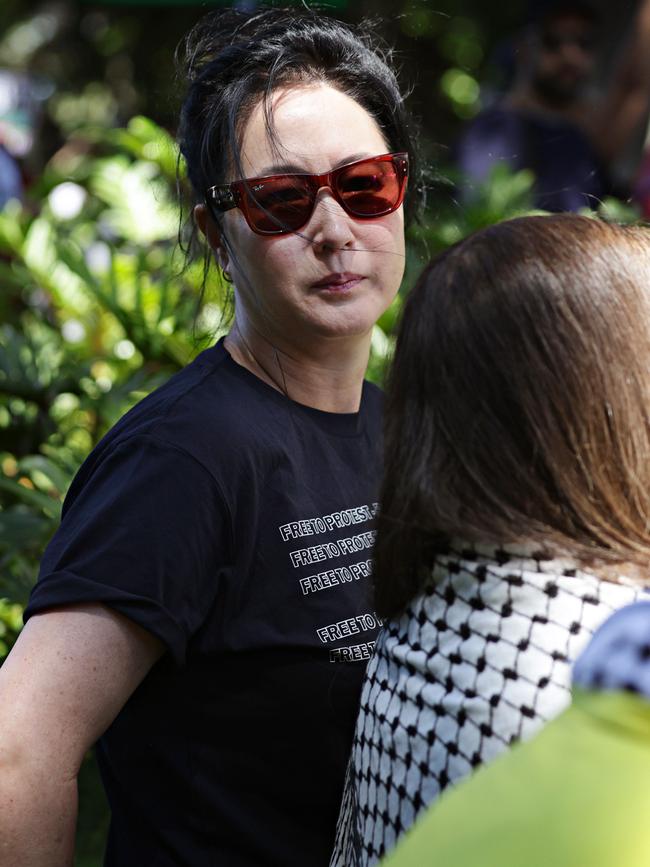

One former Jewish student member called their membership “untenable”, and those who remained said it was becoming difficult to push against “extreme rhetoric”. Another – also speaking on the condition of anonymity – said he’d become “exhausted” trying to explain a different perspective, adding that some members believed they were treating the Jewish community as they would any “right-wing” group.
One Jewish Greens supporter in Mr Bandt’s electorate has voted for the party since she turned 18 but wouldn’t again.
“They don’t care about Jewish support, we’re such a small minority,” she said. “I was interested in (their policies) … I’m progressive, I don’t think it’s anti-Semitic to call for Palestinian self-determination or (criticise the government).”
Upset by the party’s lack of acknowledgment of October 7, she wrote to Mr Bandt and state MP Gabrielle De Vietri on October 10, but didn’t receive a response.
“I value the importance of a fair and nuanced perspective on the conflict,” the letter read.
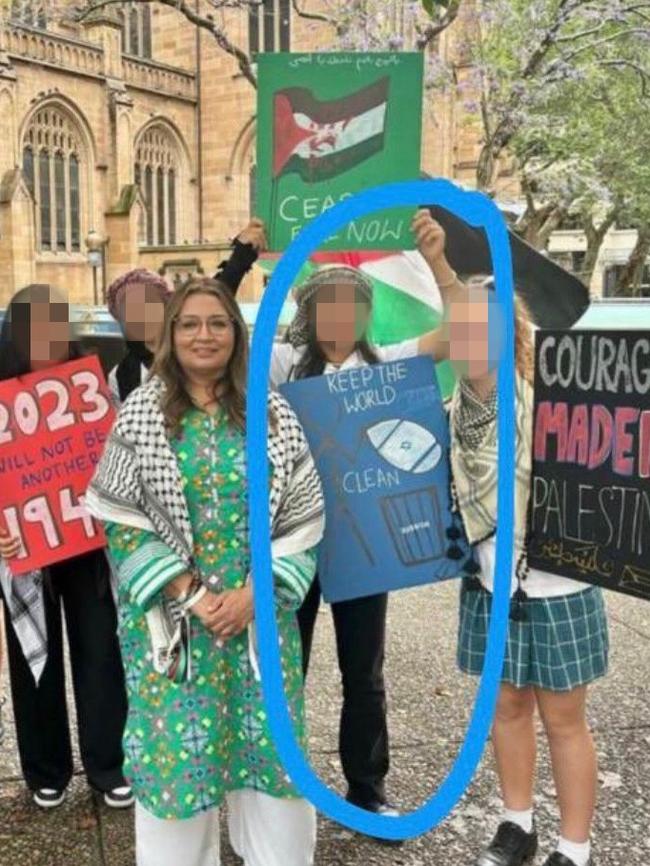
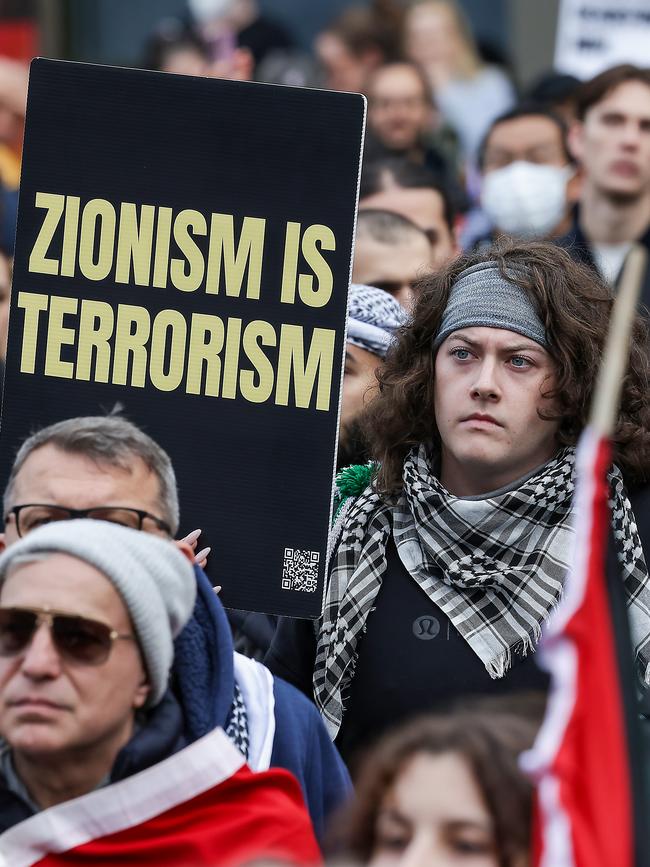
“I’m disturbed by reports of the (October 9) rally, where Greens members advocated for the event … which included chants of ‘f..k the Jews’.”
She referenced Senator Mehreen Faruqi posing next to a poster showing the Israeli flag in a bin to “keep the world clean” and NSW MP Jenny Leong saying the Jewish lobby had “tentacles”.
“If she (Ms Leong) said that about any other minority she’d have been stood down,” she said.
The supporter said anti-Semitism and anti-Zionism were intertwined and it was the hatred of the latter that disregarded nuance.
“Do I believe in Israel in its current state? No, I don’t,” she said.
“But the subtext to a lot of (their) messaging is anti-Semitic – ‘Zionism is fascism, evil’.”

Last year, disparate young Jewish members united to draft a letter to the Greens’ leadership outlining their concerns.
Worried about pushback over signing a critical letter, it was left as a draft, but said their voices were being ignored, and it criticised MPs for failing to answer whether Israel had a right to exist.
“We believe in so many Greens values, preserving our planet, queer rights,” it read.
“This war has been heartbreaking … seeing our partners in social causes abandon us.”
Ittay Flescher, another Jewish Greens co-founder who left the party upon moving to Jerusalem, said many Greens were stuck in “binary thinking” that prevented them from seeing that “neither side is either wholly good or evil”.


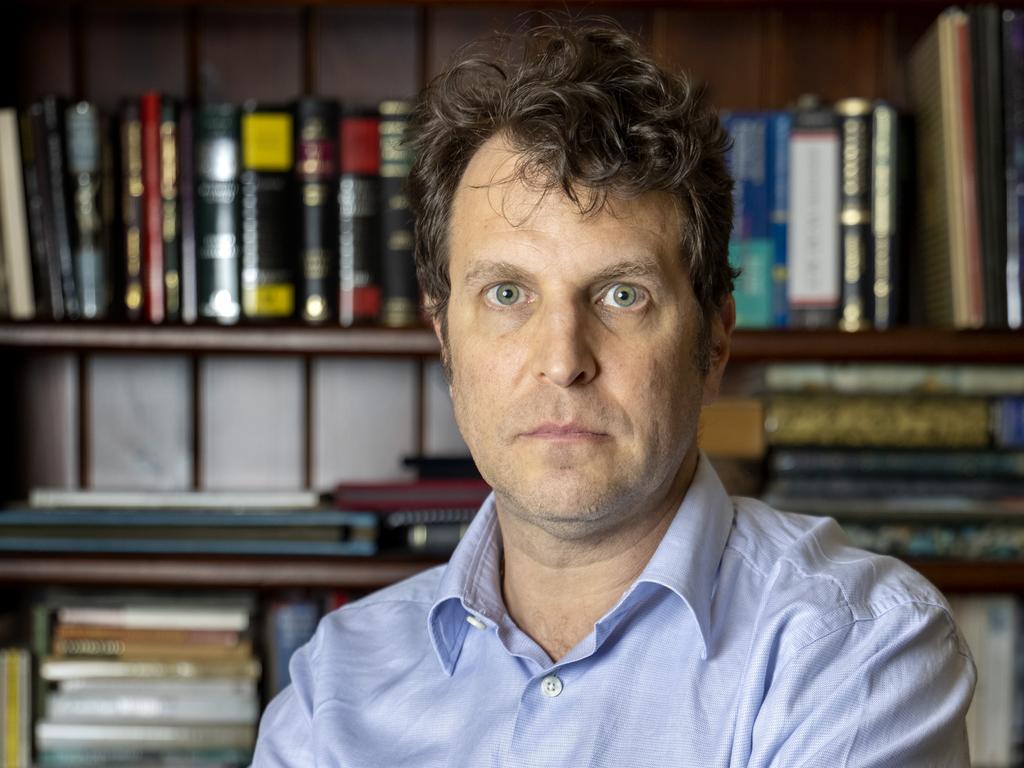



To join the conversation, please log in. Don't have an account? Register
Join the conversation, you are commenting as Logout